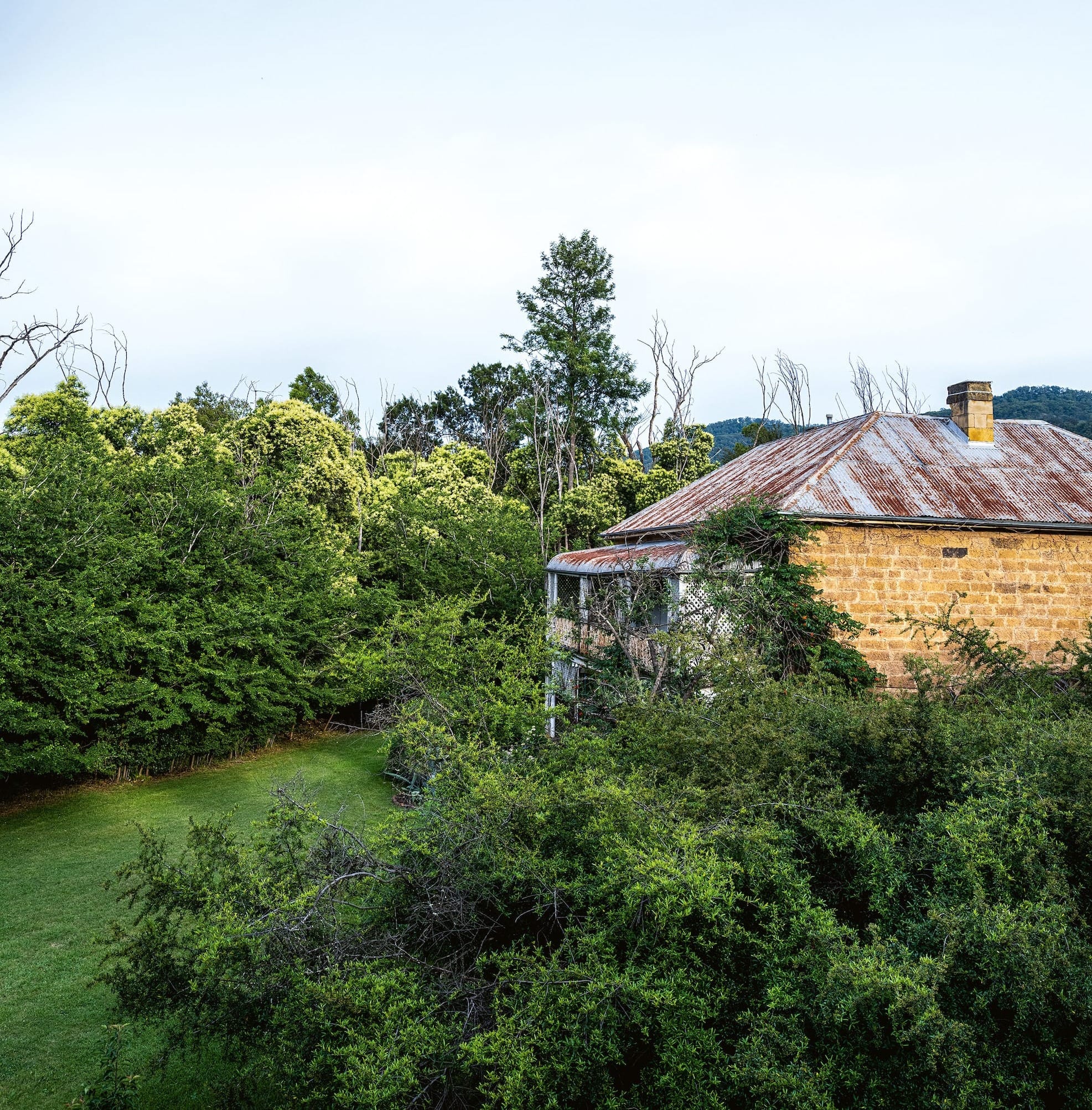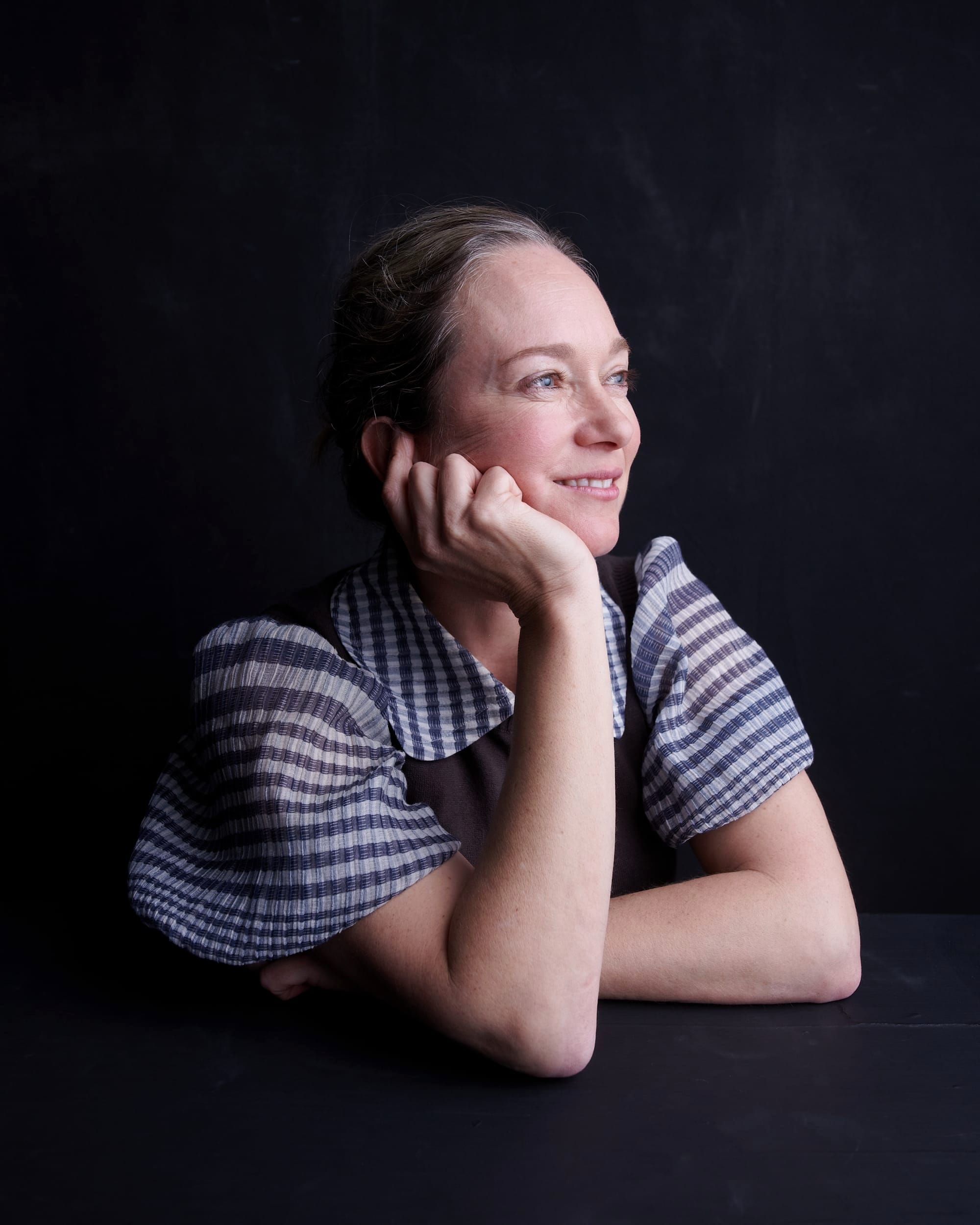

Welcome to Issue 13 with a letter from Annabelle Hickson.
I'm looking out the window at my garden. For some time now I have put in only the bare minimum to keep it going. I know I should get out there. There are weeds that need to be knocked out before they go to seed. The salvias would love a cut-back. There’s that hay I’ve got to a) source and b) spread as mulch.
Then I think about how much time all that might take, then about all the other jobs I've been putting off. And so I turn back to the computer until the next time I look out the window and the cycle starts all over again.
Rewind a few years, when I'd spend almost an hour each evening pottering about the garden, weeding, pruning, mulching or just walking around, often with a glass of wine in hand. This period was technicolour. The garden wasn’t a source of guilt, but rather one of meaning and pleasure.
Back in that era, the garden also looked great, which was nice. But it wasn't having the nice garden that made the meaning. It was doing the gardening. It was the work. It was the very thing I'm now sitting here feeling like I want to avoid.
"One must imagine Sisyphus happy," said my brother-in-law when we were talking about life one day. He has actually read Camus, but this was the first time I had heard the phrase and it landed. Work makes meaning. Effort underwrites value.
Last week I read an essay by economist Kyla Scanlon, who argues that friction – the effort required to move through systems – is being redistributed in strange ways across our economy. The digital world has become almost frictionless: AI writes your essays, apps anticipate your every need. Meanwhile the physical world is drowning in accumulated friction: failing infrastructure, overwhelmed systems, exhausted workers.
Scanlon uses university education as an example of what happens when effort – the thing that traditionally underwrote value – gets outsourced. Students now describe their education as learning "how well I can use ChatGPT" rather than developing actual knowledge or skills. They feed prompts to bots, skim outputs, add filler, submit. The degree still costs the same and still opens doors, but the cognitive work that once justified that value has vanished.
I’m not blaming the uni students. It’s a tool, like my dishwasher. But what if we chose the friction? What if we deliberately sought out the effort because that's where meaning lives?
My friend Gillian Bell makes wedding cakes. She doesn't start baking until after midnight on the day of the wedding. No-one forces her to bake through the night – it's something she chooses because it creates meaning for her.
Gallerist Michael Reid, who you’ll read about in this issue, is transforming a wreck of an early Victorian house in Murrurundi into a serious art destination and his home. He embraces friction: "I'm prepared to subjugate or deny material considerations to achieve what I want," he says. "I drive a 23-year-old car. I live in an unrenovated house. My life is not materially lush."
I look at my garden and I think of another friend, gardener Carolyn Robinson, who talks about process being everything. "A garden is not a painting to be completed and hung on a wall; it is a process – a living, evolving thing … A garden you've worked on yourself offers an emotional charge that will lift your spirits time and again."
The only way to flip the guilt back into meaning and pleasure is to channel Gillian and Michael and Carolyn and get out there in the elements, choosing to push that rock up the hill.
Annabelle